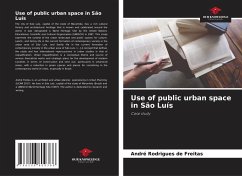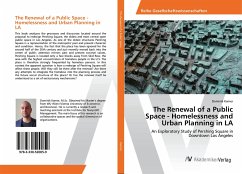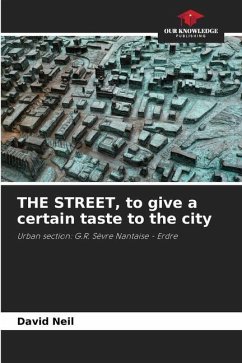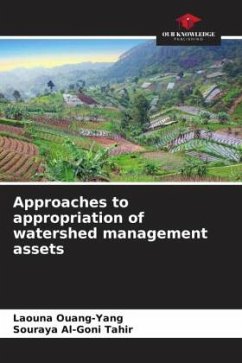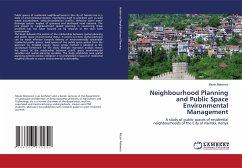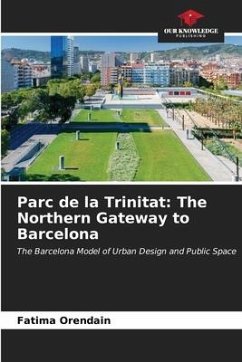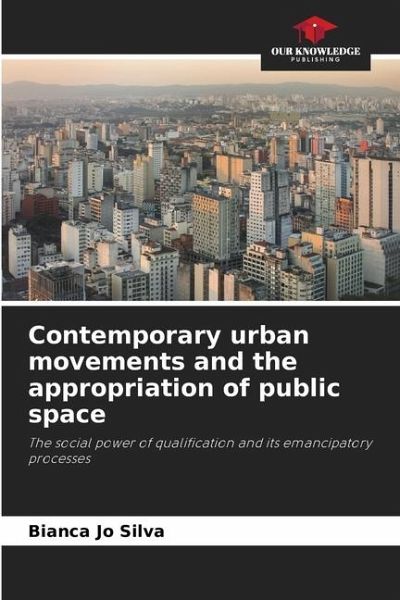
Contemporary urban movements and the appropriation of public space
The social power of qualification and its emancipatory processes
Versandkostenfrei!
Versandfertig in 6-10 Tagen
34,99 €
inkl. MwSt.

PAYBACK Punkte
17 °P sammeln!
Within the context of the growth of contemporary cities, architecture and urbanism are not always imposed as democratic instruments, but sometimes as attributes of a speculative process. The hegemony of private interests has determined exclusionary boundaries and reflected important consequences of fragility and rarefaction in the use and appropriation of public spaces.Thus, the city is discussed here as a symbiosis of its spatial characteristics and the social power to transform spaces. The urban manifestations self-managed by the population represent dynamic instruments of resistance for the...
Within the context of the growth of contemporary cities, architecture and urbanism are not always imposed as democratic instruments, but sometimes as attributes of a speculative process. The hegemony of private interests has determined exclusionary boundaries and reflected important consequences of fragility and rarefaction in the use and appropriation of public spaces.Thus, the city is discussed here as a symbiosis of its spatial characteristics and the social power to transform spaces. The urban manifestations self-managed by the population represent dynamic instruments of resistance for the right to the city and instigate hypotheses about the future of public spaces, the dimensions and forms of urban design and developments in their appropriation. There is a demand for a review of the city-building process, involving and creating spaces for expanded participation where citizen responsibility and awareness become increasingly present and involved in urban life.





